How You Can Help Victims of the Wildfires
If you're able to give, they badly need support.
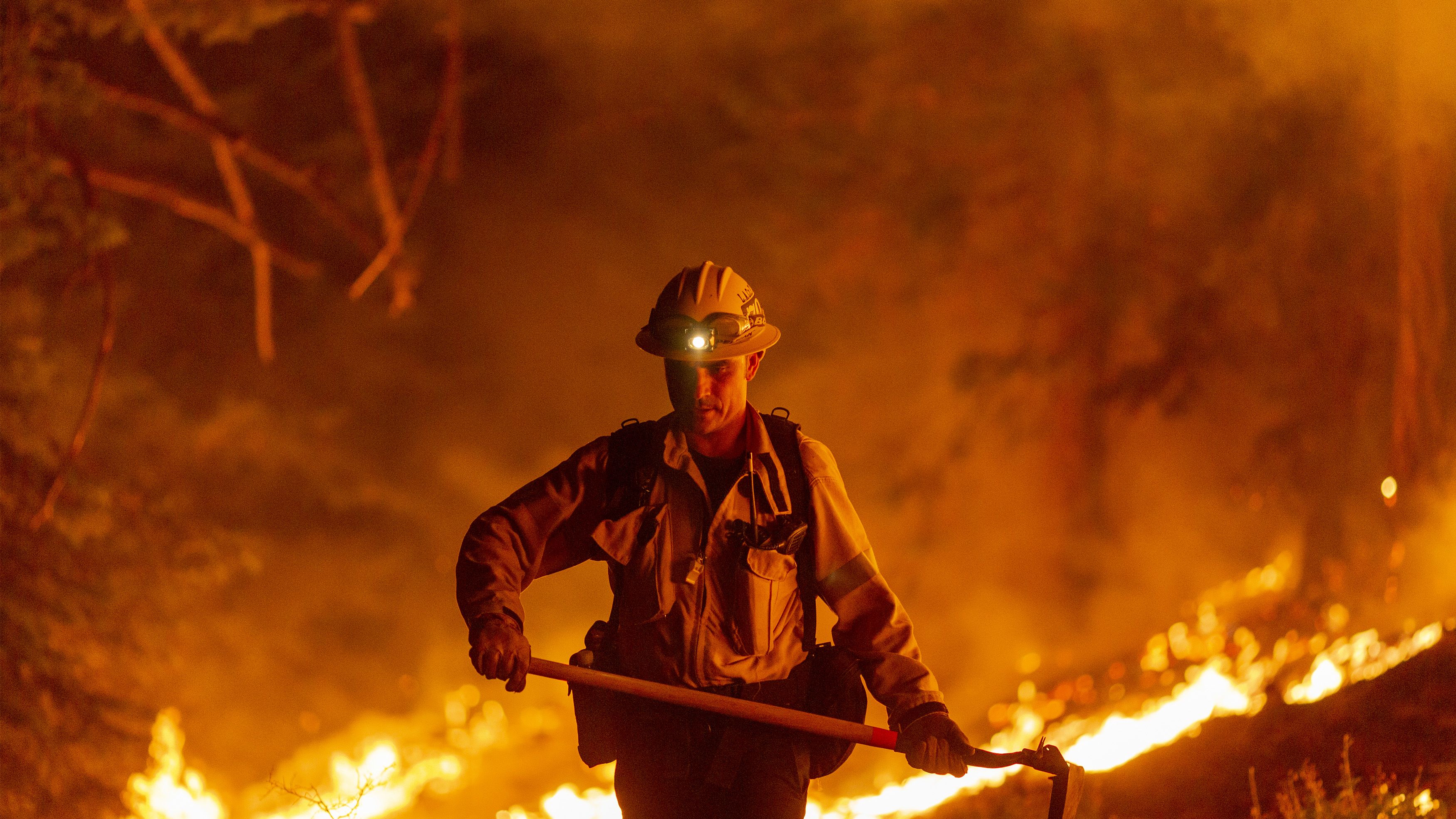
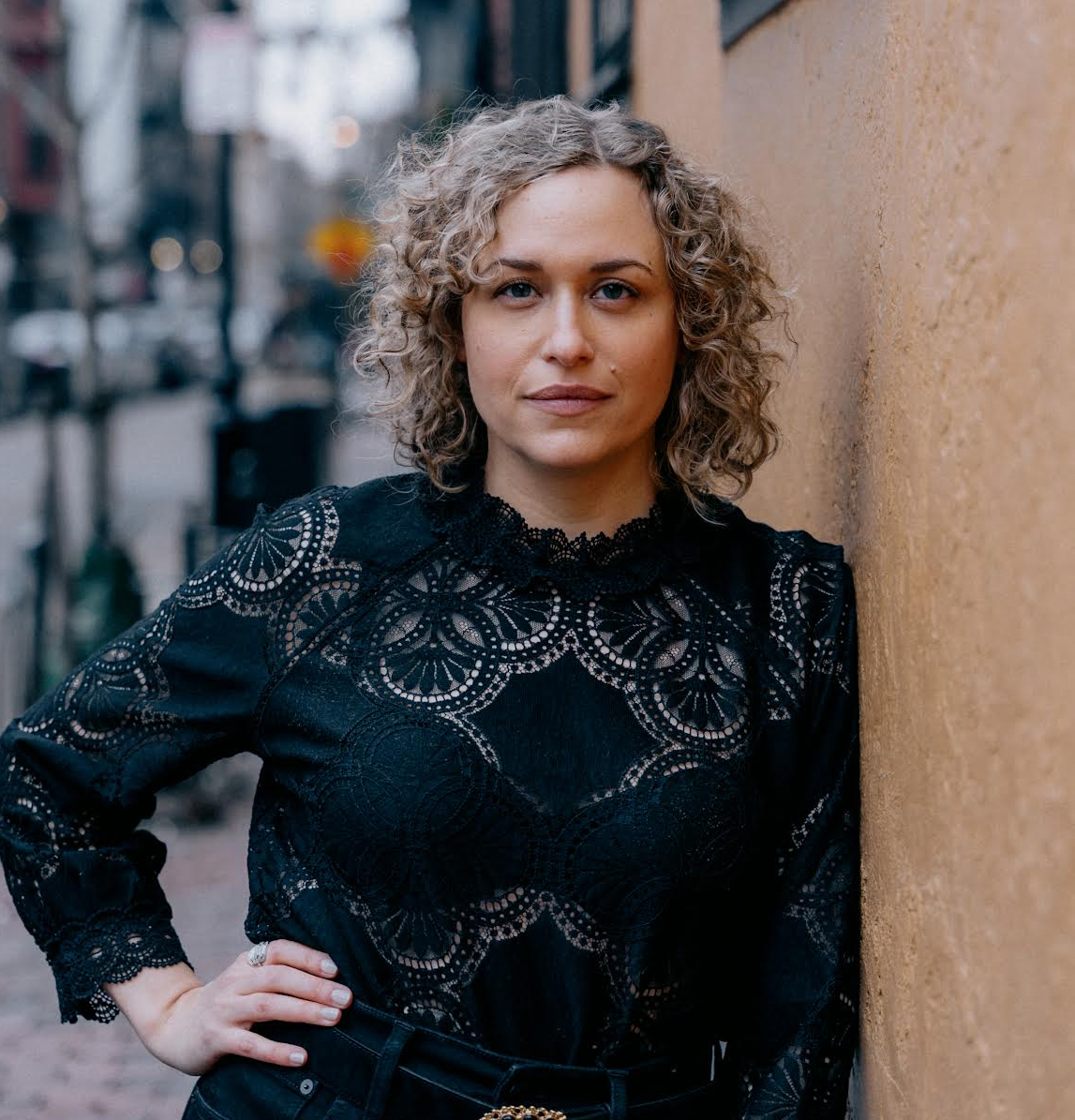
The 2020 California wildfires, some of which are the worst the state has ever seen, are impacting millions of people. Over 10 percent of California's population has been forced to relocate, and poisonous smoke has turned the sky an ugly orange. While California has been the state most affected, Washington, Oregon, and Colorado have also been impacted. If you're in one of these areas, you can catch live updates of what's going on and an interactive map. But if you're not, and you're able to give, there are people who badly need support—those fighting the blazes, those who have been forced to relocate, and those mourning lost family and friends. Here are just a few ways to contribute.
California Community Foundation
The CCF has a page for many sprawling and diverse Southern California and Northern California resources, including where you can donate directly to firefighters working right now, emergency housing with the Federal Emergency Management Agency (FEMA), immediate supplies via the Northern California Salvation Army, and assistance to undocumented families via the California Immigrant Resilience Fund. If you have a particular cause in mind or want to support something specific, this is a good place to start.
GoFundMe
It's not always clear which individual GoFundMe pages are legitimate, but this Wildfire Relief Fund has been set up by GoFundMe itself and as of this writing has raised $130,000. They've recently expanded support to every state impacted by the fires and will be issuing individual grants to those who have been affected.
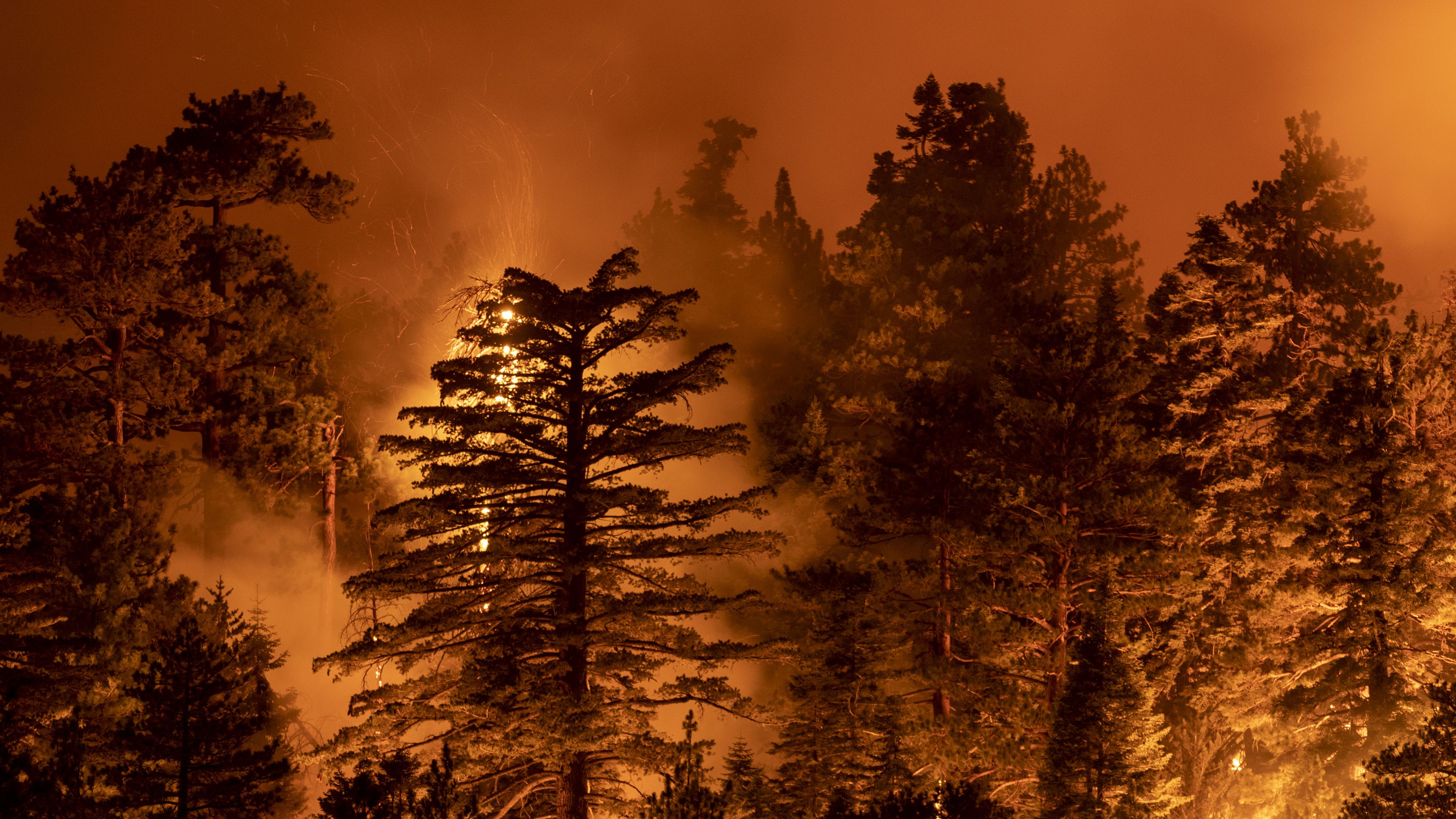
California Food Banks
One of the misconceptions about donating is that charities are looking for supplies or food of any kind—not necessarily true, as organizations are increasingly getting better about explaining. California Food Banks has laid out exactly which food banks are impacted, how you can donate (financially first, if you're able), and what supplies they might be looking for. They also note which banks don't need assistance and where to direct funds or volunteering capacities. If you're hoping to donate in another state, check the requirements there.
United Way of North California
The great thing about United Way is that not only does it provide individual grant support but also partners with nonprofits to maximize impact. Volunteers also work on mid- and long-term relief efforts to help the state once the fires are out but many are still being impacted. You can read all about their encompassing work from their Wildlife Recovery and Disaster Relief page.
The Red Cross
As in previous wildfires, the Red Cross has shelters across the state and is actively responding in short, medium, and long-term ways to the recovery. They've already provided thousands of people with shelter and many more with food and other relief. To read more about their mobilization and donate to their work (or, if you need assistance yourself), you can go to their Wildfires Response Information page.
Center for Disaster Philanthropy
The CDP California Wildfires Recovery Fund focuses on the long-term effects of crises like these and deliberately works on filling gaps in support that other nonprofits don't—working with the governor's office and other agencies to provide formal support. They work with vulnerable populations in particular.
Stay In The Know
Get exclusive access to fashion and beauty trends, hot-off-the-press celebrity news, and more.
California Fire Foundation
The California Fire Foundation Supplying Aid to Victims of Emergency (SAVE) Program is enabling firefighters to provide $250 gift cards to those in desperate need of food, water, shelter, or other basic needs. They also provide assistance to families of firefighters who have died through the California Firefighters Benevolent Fund.
North Valley Community Foundation
Channeling a cause close to my heart, their Wildfire Relief and Recovery Fund doesn't just support evacuees but also includes support for animals—often forgotten amongst these tragedies are the creatures who are killed, displaced, or otherwise harmed in the massive fires. In the Australia fires of 2019, the term used was "ecocide," a.k.a. loss of an entire local ecosystem.
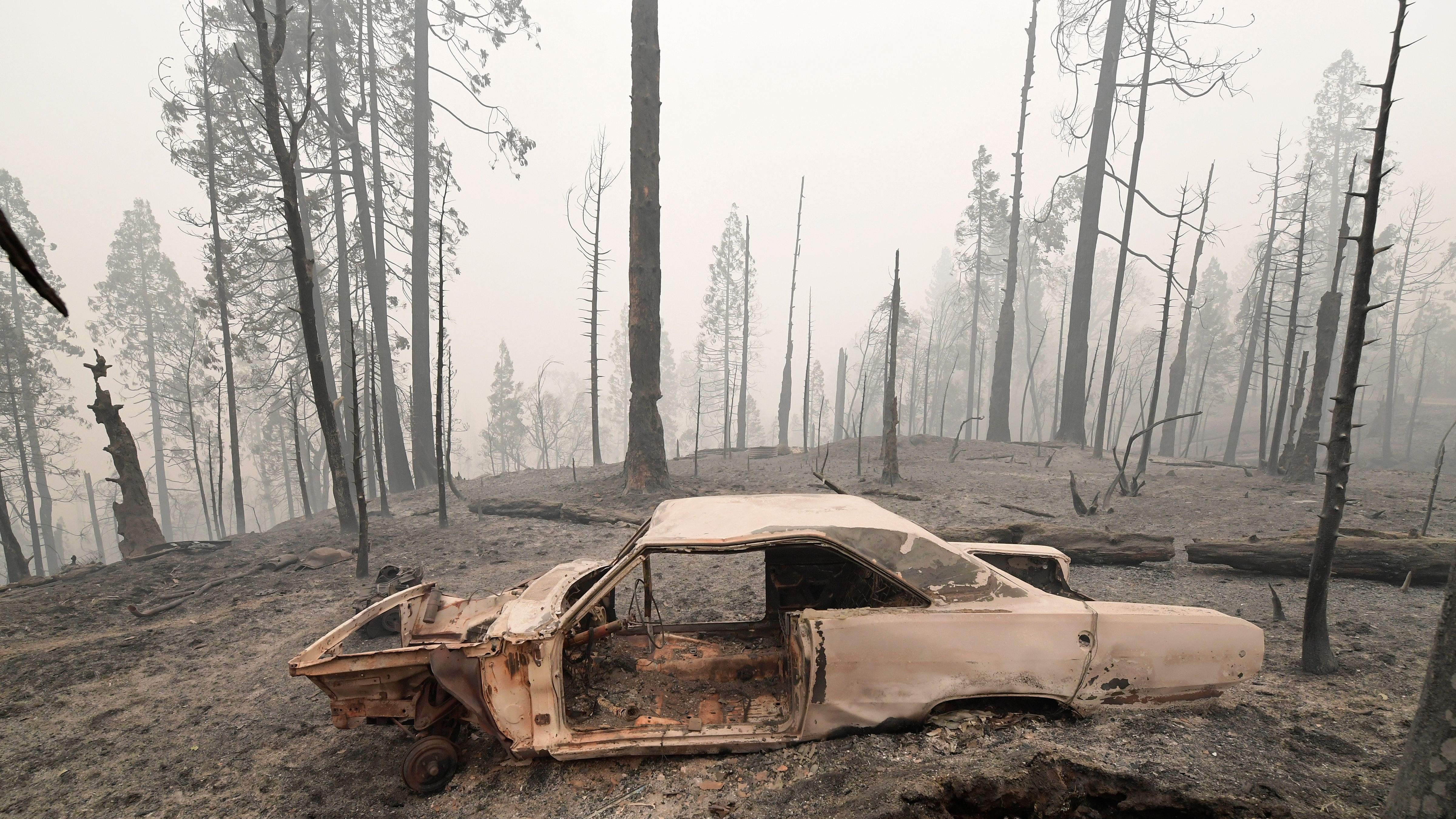
Vote
This is indirect support, but it matters more and more every day (and doesn't necessarily require money). In national, state, and local elections, climate change is one of the most important issues at stake. It's important to know where politicians stand (and not just at a high level—being informed and voting intentionally where you live will influence change in your everyday life) and to vote accordingly. Eco-anxiety is very much a real thing, and there are things we can do in our daily lives to make a difference.
RELATED STORIES

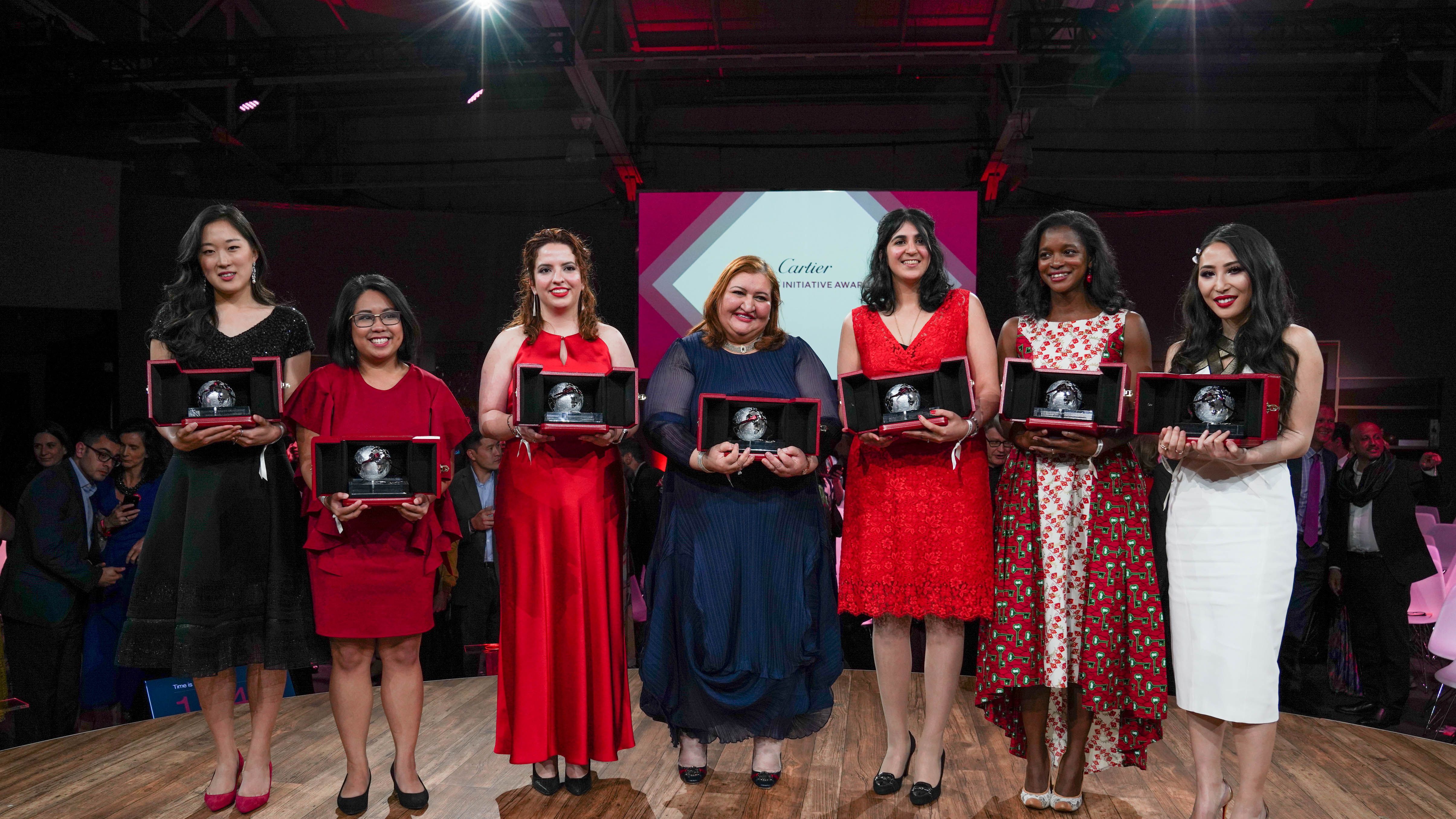

Katherine’s a contributing syndications editor at Marie Claire who covers fashion, culture, and lifestyle. In her role, she writes stories that are syndicated by MSN and other outlets. She’s been a full-time freelancer for over a decade and has had roles with Cosmopolitan (where she covered lifestyle, culture, and fashion SEO content) and Bustle (where she was their movies and culture writer). She has bylines in New York Times, Parents, InStyle, Refinery29, and elsewhere. Her work has also been syndicated by ELLE, Harper’s Bazaar, Seventeen, Good Housekeeping, and Women’s Health, among others. In addition to her stories reaching millions of readers, content she's written and edited has qualified for a Bell Ringer Award and received a Communicator Award.
Katherine has a BA in English and art history from the University of Notre Dame and an MA in art business from the Sotheby's Institute of Art (with a focus on marketing/communications). She covers a wide breadth of topics: she's written about how to find the very best petite jeans, how sustainable travel has found its footing on Instagram, and what it's like to be a professional advice-giver in the modern world. Her personal essays have run the gamut from learning to dress as a queer woman to navigating food allergies as a mom. She also has deep knowledge of SEO/EATT, affiliate revenue, commerce, and social media; she regularly edits the work of other writers. She speaks at writing-related events and podcasts about freelancing and journalism, mentors students and other new writers, and consults on coursework. Currently, Katherine lives in Boston with her husband and two kids, and you can follow her on Instagram. If you're wondering about her last name, it’s “I go to dinner,” not “Her huge ego,” but she responds to both.
